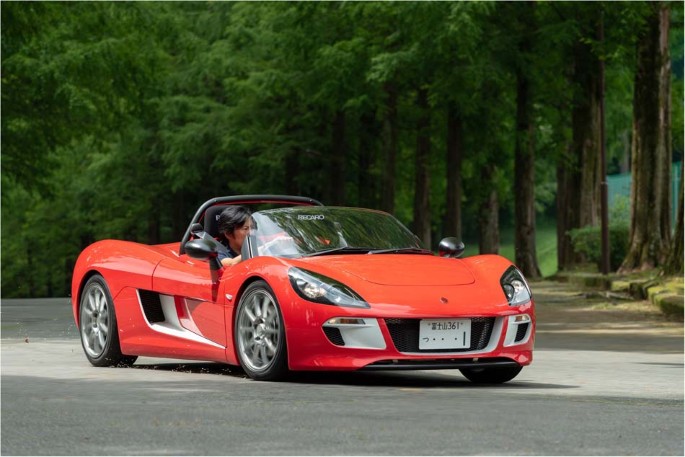

Title: Ferrari Confronts Surprising Hurdle: Reduced Interest in Electric Supercars
In an unexpected development, Ferrari, the legendary Italian luxury sports car maker, has revealed a shortfall in interest for its electric supercars. This disclosure arrives during a period where the automotive sector is experiencing a notable transition towards electrification, with numerous manufacturers heavily investing in electric vehicle (EV) technologies to adhere to strict environmental standards and evolving consumer preferences.
Ferrari, famous for its high-performance gasoline sports cars, has been carefully stepping into the electric vehicle arena. The company is crafting its approach to integrate electric technology without jeopardizing the brand’s fundamental principles of performance, luxury, and exclusivity. Nevertheless, the announcement of lukewarm demand for its electric offerings indicates that the shift may not be as seamless as expected.
Several elements contribute to this unforeseen challenge for Ferrari. To begin with, the brand’s devoted clientele has generally been attracted to the exhilarating experience offered by Ferrari’s internal combustion engines. The auditory, tactile, and performance traits of these engines are fundamental to the Ferrari driving experience, and some enthusiasts might be reluctant to accept the quiet operation of electric motors.
Moreover, the elevated price range of Ferrari vehicles means that their customer pool is somewhat exclusive. Although there is rising interest in electric vehicles around the world, the market for luxury electric supercars remains constrained. Prospective buyers in this category may still lean towards conventional powertrains or might be anticipating further breakthroughs in electric technology before proceeding with a purchase.
Ferrari’s statement also draws attention to the wider issues encountered by luxury car manufacturers during the shift to electric mobility. Unlike mass-market brands, luxury labels must find a balance between integrating new technologies and safeguarding their legacy and brand identity. This nuanced balance can make it challenging to roll out electric models that resonate with their established customer base.
In spite of the current lack of interest, Ferrari stays dedicated to its electrification plans. The company has revealed intentions to introduce its first entirely electric model by 2025, as part of a larger effort to decrease its carbon emissions and adhere to global pollution regulations. Ferrari will likely continue to hone its strategy, utilizing its engineering prowess to create electric vehicles that satisfy the high standards of its discerning clientele.
In summary, Ferrari’s announcement regarding low interest in electric supercars highlights the intricacies involved in transitioning to electric mobility within the luxury automotive market. While obstacles persist, Ferrari’s vow to innovation and quality implies that the brand will keep navigating these challenges as it adjusts to the shifting automotive environment. As the industry evolves, it will be fascinating to observe how Ferrari and other luxury car manufacturers respond to the interest in electric vehicles while preserving their distinct brand identities.






